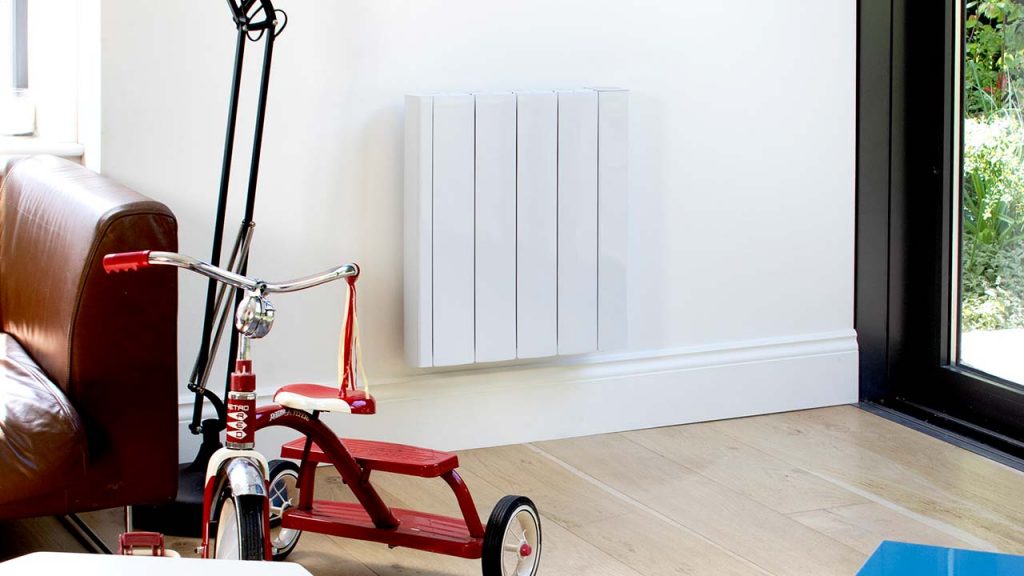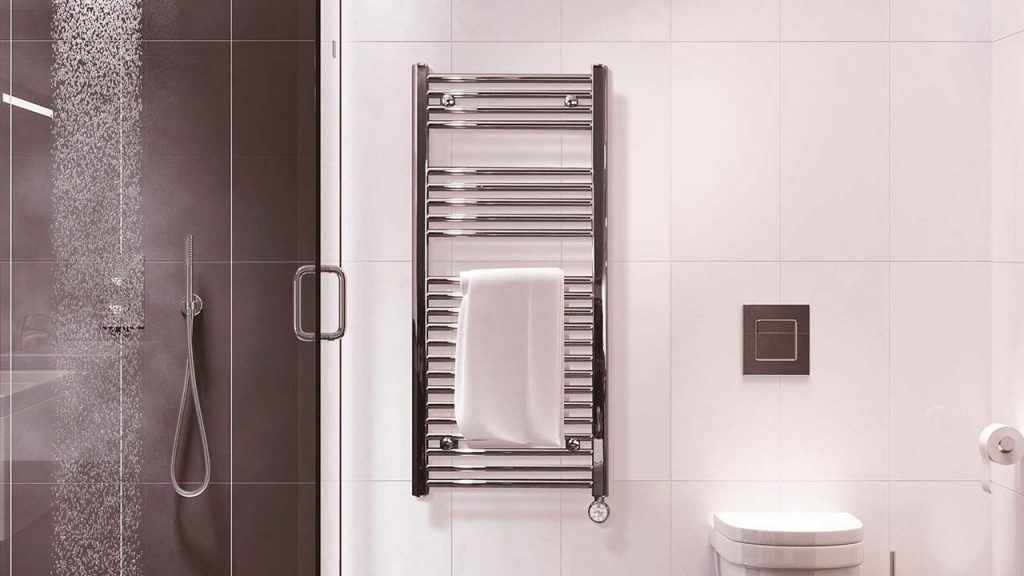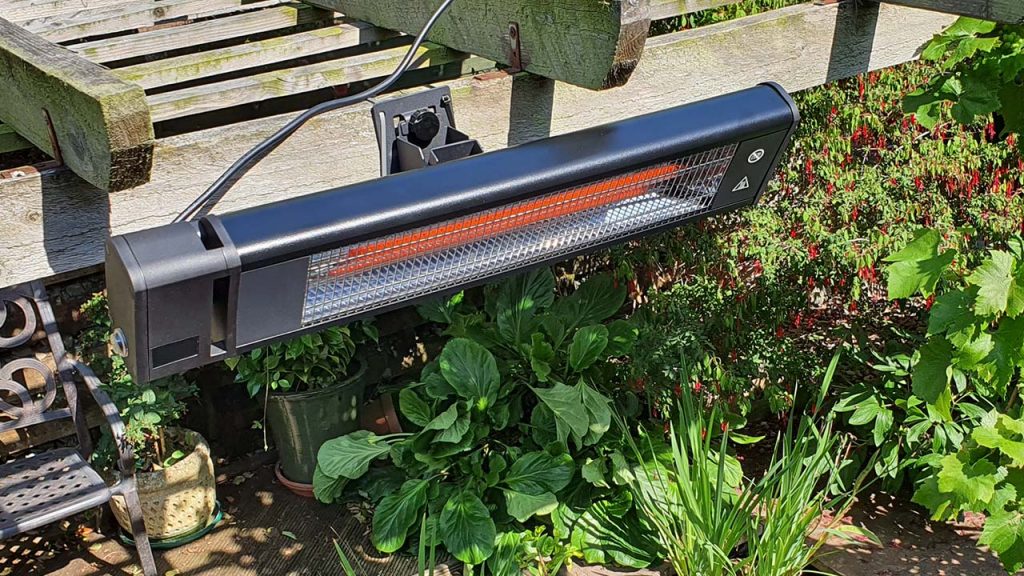2025 Future Homes and Buildings Standard - Explained
January 24, 2023

Following on from the 2022 Building Regulations, the government is set to introduce some landmark changes to improve energy efficiency in UK new builds from 2025, known as the Future Homes and Buildings Standard (FHBS). While the FHBS will primarily affect new builds, existing homes and properties will also be subject to regulations as the UK sets out to achieve its Net Zero strategy by 2050. So, what exactly are these new building standards and how will they affect you?
What is the Future Homes and Buildings Standard?
Conceptualised in 2019, the government has put plans into motion to decarbonise UK new builds and prioritise retrofit and reuse in existing builds. Since the energy performance of homes and non-domestic buildings are responsible for 25% of the UK’s total greenhouse emissions, urgent action is needed to meet global climate change targets. Enter, the Future Homes and Buildings Standard:
“The Future Homes and Buildings Standard will produce highly efficient buildings which use low-carbon heat and have the best fabric standards possible, ensuring they are better for the environment and fit for the future.”
—Ministry of Housing, Communities & Local Government, 2021
What do the changes look like?

Low-carbon heating
One, if not the biggest aims of the FHBS, is for new builds to adopt a low-carbon alternative to gas central heating. From 2025, new builds will not be connected to the gas network, so, what are the options? The government is considering heat pumps as a potential heat source for new builds – but with such high upfront costs, this might not be possible until more research is completed. Another low-carbon alternative is electric heaters. Electric radiators are already a staple in 2.2 million homes across the UK. Generating heat through convection and radiation, they deliver comfortable warmth that lasts all day, keeping energy usage to an absolute minimum. Built to include a wealth of features and programming possibilities, they’re an unobtrusive, cost-effective low-carbon alternative to gas.

- 100% efficiency – Converting every watt of energy drawn from the mains into useable heat, absolutely nothing is wasted.
- Easy installation – With DIY-friendly options, installing one or two heaters in a property can be done in minutes. For a full refit, hardwiring electric heaters is a quick and simple job for an electrician.
- Zero maintenance – With no boiler connection or risk of carbon monoxide leaks, electric heaters require no mandatory servicing. Long lifespans and simple installation ensure minimal upkeep.
- Superior controllability – With precision thermostats, 24/7 programming, WiFi app and voice control compatibility, electric heaters offer users a wider scope for managing their energy usage.
- Future-proofed – Pairable with renewable energy sources, like wind turbines and solar panels, electric heaters are primed for a sustainable future.
Uplift in building fabric standards
New builds built under the FHBS will adopt a ‘fabric first’ approach. With improvements to insulation and efficiency through the components and materials used during building, new builds will not only emit a smaller carbon footprint but won’t need to be fitted with newer technologies in the future.
Main aspects of a ‘fabric first’ build:
- Thermal mass – Heavyweight construction materials like concrete which reduce temperature fluctuations.
- Maximising airtightness – Internal building components and flexible/sealed joints that will act as a barrier against heat loss.
- Overheating prevention – Limits to how much glazing and unwanted solar gain a building gets.
- Natural ventilation – Supplying and removing fresh air to a building via passive forces (wind & breezes).
- Minimum standard U-values – Thermal elements that prevent heat loss, such as doors, windows, walls and roofs will need to fall under a minimum standard.
Standard Assessment Procedure (SAP) overhaul
The Standard Assessment Procedure has been used since the nineties, and is the UK’s main method for measuring the energy rating of residential dwellings. SAP specifically assesses the energy usage a property will consume related to standardised occupancy patterns and behaviour. While it has undergone many versions since its inception, under the FHBS, it will receive its most significant overhaul yet. Coined SAP 11, it will follow stricter insulation requirements and have a new target primary energy rate. The updated methodology will contribute to a more accurate EPC rating for new builds that favour decarbonising technologies.
Zero carbon ready homes & buildings
The government has adopted the term ‘zero carbon ready’ to establish the future-proof status of new builds post 2025. The concept is as follows: all new builds will work in tandem with the National Grid to decarbonise over time without the need for future retrofitting. With this in mind, here’s a general overview of what the Future Homes and Buildings Standard will look like on the road to zero carbon emissions:
Roadmap to Net Zero
- 2023 – Technical specifications for the FHBS published
- 2024 – New legislations to be introduced
- 2025 – Full implementation of Future Homes and Buildings Standard
- 2035 – All homes to have an EPC rating of C or above
- 2040 – End of fossil fuel heating in all non-domestic buildings
- 2050 – Deadline to achieve Net Zero carbon emissions
How will the 2025 Future Homes and Buildings Standard affect you?
Homeowners
If purchasing a new build, your Completion Certificate will outline proof of all building work that has been carried out under the new standards and approved by an inspector. For existing properties, you’re legally responsible for any work done on your home. Extensions and the replacement of thermal elements like walls, floors or windows must meet the new fabric efficiency standards.
Landlords
Landlords will have greater legal responsibilities to provide tenants with energy efficient housing and commercial spaces. From April 2023, it will be an offence to grant new leases, renewals, or continue to let a non-domestic property with an F or G EPC rating. Once the FHBS is implemented, new tenancies must have a C rating or above. For existing tenancies, this will apply from 2028. Fitting your properties with a low-carbon, cost-effective heating solution like electric radiators is one way to improve your EPC rating – and it’s important to tackle this sooner rather than later.
Self-builders
Since the 2022 Building Regulation changes, self-builders must take on certain responsibilities to ensure they align with building standards, including on-site audits, EPC assessing and U-value increases. Once the full technical specification for the FHBS has been published, self-builders will have a better idea of what to expect post 2025.
Tradespeople
Hundreds of thousands of jobs will require upskilling or see an increased demand in the coming decades as the green jobs market continues to grow. The government is encouraging tradespeople to gain and develop ‘green skills’ in order to smooth the transition to Net Zero. For instance, construction workers and oil and gas professionals all have transferable skills for careers in renewable energy.
Choose Ecostrad for ‘zero carbon ready’ heating
While we won’t know the exact requirements set out by the FHBS until the government has concluded its spring 2023 consultation, we do know that low-carbon heating is incremental if the country is to reach carbon neutrality. So, get ahead of the 2025 Future Homes and Buildings Standard and invest in electric heating with Ecostrad. With electric, homes and businesses will benefit from increased efficiency, cost-effective heating, and true future-proof status – easing the transition to zero carbon emissions in the UK.
At Ecostrad, we sell a range of market-leading solutions, from smart-controlled electric radiators, panel heaters and towel rails, to highly efficient infrared panels and patio heaters. Shop our range at Electric Radiators Direct or get in touch with our expert support team to learn how you can become a partner today.




